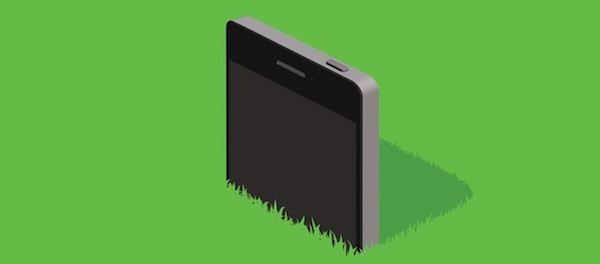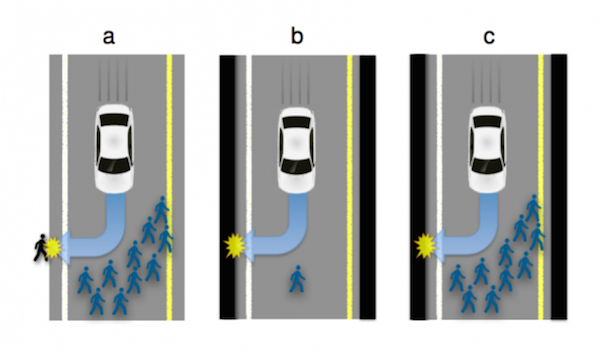
All those moments will be lost in time… like tweets in rain.
There is a constant tension between our desire to live every day like it’s our last — to maximize our impact on this world and the joy we find in it — and our tendency to do the opposite, by frittering away precious time doing mundane, pointless, unfulfilling things. Well, there’s an app for that.
“Five times a day for the past three months, an app called WeCroak has been telling me I’m going to die. It does not mince words. It surprises me at unpredictable intervals, always with the same blunt message: “Don’t forget, you’re going to die.”
…
As I scroll through Instagram or refresh Twitter, WeCroak interrupts with the sobering reminder that it is not just my attention these other apps are consuming, but chunks of my life.”
The simplicity is beautiful, if potentially morbid. And don’t count out the fact that it may have the opposite effect on the more jaded among us, who find the comfort of an inevitable end a source of relief.
Would you get anything out of an app like this?
How might these reminders affect your daily behavior?
What other “tech” with such a clear and simple purpose do you wish existed?


